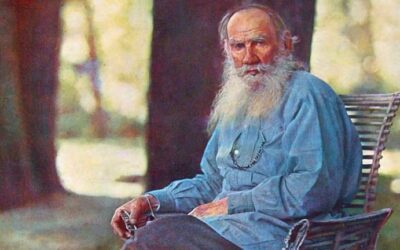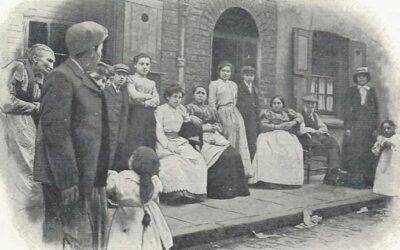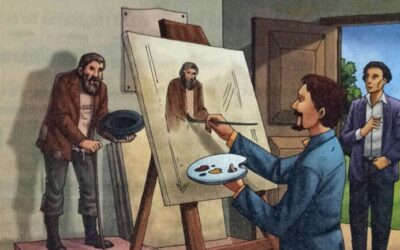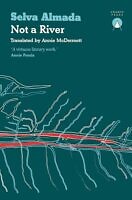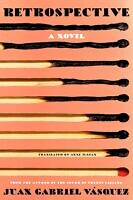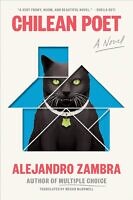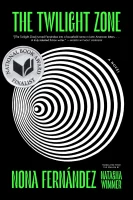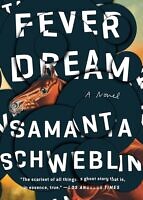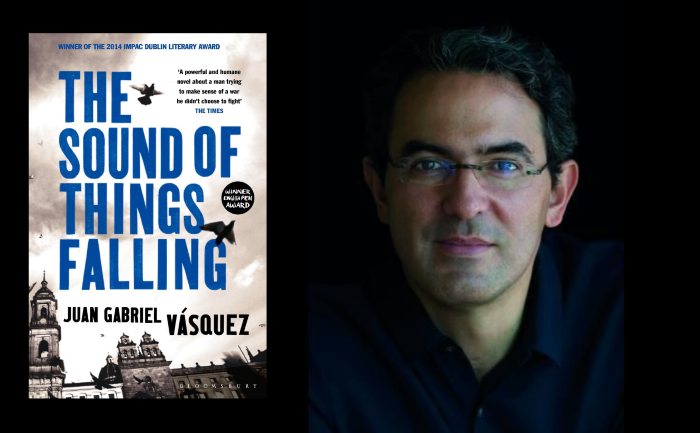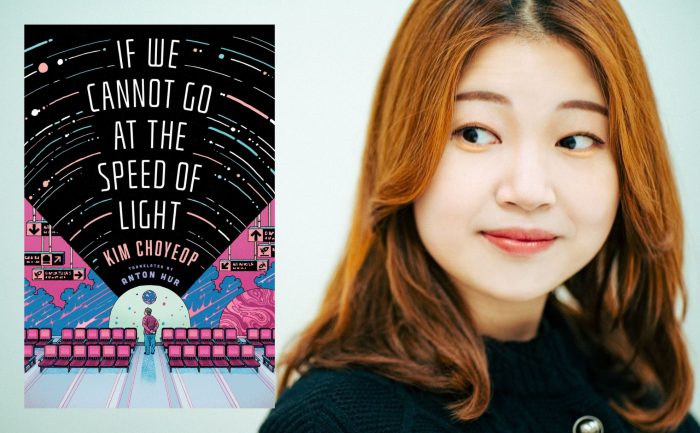5 Contemporary South American Writers Everyone Should Read
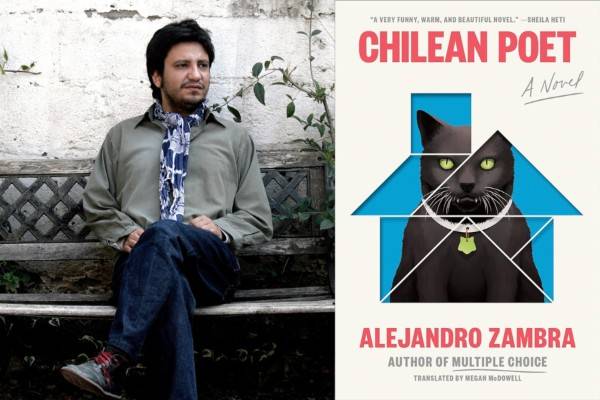 south american cover
south american cover
Celebrating the Rise of New Voices in Latin American Literature, enjoy 5 Contemporary South American Writers Everyone Should Read
5 Contemporary South American Writers Everyone Should Read
Selva Almada
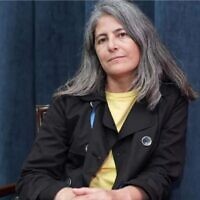
Selva Almada is an Argentine writer of poetry, short stories, and novels. She expanded into nonfiction in 2014 with the book Chicas muertas.
Selva Almada is considered one of the most powerful writers of contemporary Argentinian and Latin American Literature.
She has been finalist of the Rodolfo Walsh Award (Spain) with her nonfiction work Chicas muertas (2014) and finalist of the Tigre Juan Award (Spain) with her novel Ladrilleros. Her first novel, El viento que arrasa, won the Edinburgh International Book Festival’s 2019 First Book Award.
She was on the shortlist for the International Booker Prize 2024 for her novel No es un río (Not A River).
It’s not a river, it’s this river.
A hot, motionless afternoon. Enero and El Negro are fishing with Tilo, their dead friend’s teenage son. After hours of struggling with a hooked stingray, Enero aims his revolver into the water and shoots it. They hang the ray’s enormous corpse from a tree at their campsite and let it go to rot, drawing the attention of some local islanders and igniting a long-simmering fury toward outsiders and their carelessness.
It’s only the two sisters—the teenage nieces of one of the locals, Aguirre—with their hair black as cowbird feathers and giving off the scent of green grass, who are curious about the trio and invite them to a dance. But the girls are not quite as they seem. As night approaches and tensions rise, Enero and El Negro return to the charged memories of their friend who years ago drowned in this same river.
Juan Gabriel Vásquez

Juan Gabriel Vásquez was born 1973 in Bogotá, Colombia and studied literature at the Sorbonne University in Paris. Before his breakthrough as a novelist, he gained acceptance both as the translator of Victor Hugo, John Dos Passos and E. M. Forster and as an essayist and columnist. His novels have been awarded many prizes and been published in sixteen different languages. Vásquez is regarded as one of the most important latin-american voices of his generation.
In his novels Vásquez tells the story of Colombia as its has been marked by civil wars and drug wars. All his main characters are affected by this history of violence. In The Informers (2004) the reader learns about immigrants during the Nazi era, in The Secret History of Costaguana (2007) about Panama’s secession. The Reputation (2013) is all about the power of a formidable cartoonist, The Shape of Ruins (2015) about political assassinations.
In The Sound of Things Falling (2010) the protagonist’s investigations into the death of a drug runner lead him to the Medellín cartel and legendary serial killer Pablo Escobar. Chosen from over 600 manuscript submissions, this novel has been awarded the Alfaguara Novel Prize, one of the most prestigious literary awards in Spanish language.
In October 2016, the real-life Colombian film director Sergio Cabrera is attending a retrospective of his films in Barcelona. It’s a difficult time for him: his father, Fausto Cabrera, has just died; his marriage is in crisis; and his country has rejected peace agreements that might have ended more than fifty years of war.
In the course of a few turbulent and intense days, Sergio will recall the events that marked the family’s life, and especially his father’s, his sister Marianella’s and his own.
From the Spanish Civil War to the exile of his republican family in Latin America, and from the Cultural Revolution in China to the guerrilla movements of 1960s Latin America, not only will do we discover a series of adventures extraordinary by any standards, but also a devastating portrait of the forces that for half a century turned the world upside down and created the one we now inhabit.
Retrospective is a revelatory and unforgettable novel.
Alejandro Zambra

Alejandro Zambra is a novelist, critic and poet from Santiago, Chile. Born and schooled under the Pinochet regime, he studied in Santiago de Chile and Madrid after its fall.
His first book, the wry metafictional novella Bonsai (1997), was described as a “bloodletting in Chilean literature” by the national press. His subsequent novels The Private Lives of Trees (2007) and Ways of Going Home (2011), and his story collections My Documents (2013) and Multiple Choice (2014), share interests in writing, childhood, Chilean politics, plants, pets and families, as well as deft, bonsai-esque minimalist forms. A collection of his critical writing and essays, forming a “blurry self-portrait”, was published in English in 2018 as Not to Read.
Gonzalo is a frustrated would-be poet in a city full of poets; poets lurk in every bookshop, prop up every bar, ready to debate the merits of Teillier and Millan (but never Neruda – beyond the pale). Then, nine years after their bewildering breakup, Gonzalo reunites with his teen sweetheart, Carla, who is now, to his surprise, the mother of a young son, Vicente. Soon they form a happy sort-of family – a stepfamily, though no such word exists in their language.
In time, fate and ambition pull the lovers apart, but when it comes to love and poetry, what will be Gonzalo’s legacy to his not-quite-stepson Vicente? Zambra chronicles with tenderness and insight the everyday moments – absurd, painful, sexy, sweet, profound – that constitute family life in this bold and brilliant new novel.
Nona Fernández

Nona Fernández was born in Santiago, Chile. She is an actress and writer, and has published two plays, a collection of short stories, and six novels, including Space Invaders and The Twilight Zone, which was a finalist for the National Book Award.
It is 1984 in Chile, in the middle of the Pinochet dictatorship. A member of the secret police walks into the office of a dissident magazine and begins to talk to a reporter, who records his testimony. The narrator of Nona Fernández’s mesmerizing and terrifying novel The Twilight Zone is a child when she first sees this man’s face on the magazine’s cover with the words “I Tortured People.” His complicity in the worst crimes of the regime and his commitment to speaking about them haunt the narrator into her adulthood and career as a writer and documentarian.
Like a secret service agent from the future, through extraordinary feats of the imagination, Fernández follows the “man who tortured people” to places that archives can’t reach, into the sinister twilight zone of history where morning routines, a game of chess, Yuri Gagarin, and the eponymous TV show of the novel’s title coexist with the brutal yet commonplace machinations of the regime.
How do crimes vanish in plain sight? How does one resist a repressive regime? And who gets to shape the truths we live by and take for granted? The Twilight Zone pulls us into the dark portals of the past, reminding us that the work of the writer in the face of historical erasure is to imagine so deeply that these absences can be, for a time, spectacularly illuminated.
Samanta Schweblin
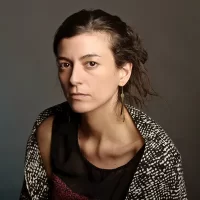
Samanta Schweblin, born in Buenos Aires in 1978, studied film sciences at the Universidad de Buenos Aires. After graduating, she first founded a web design agency before devoting herself entirely to literary writing. She is considered one of the most prominent voices in contemporary Argentine literature.
Her first collection of short stories, “El núcleo del Disturbio”, won her the Fondo Nacional de las Artes literature prize and the Concurso Nacional Haroldo Conti in 2001. Numerous prizes for her work, which now comprises three collections of short stories and two novels, followed and her books have been translated into 25 languages.
Since then she has lived and worked in Berlin. Her latest work, the novel Kentukis (Engl. “Little Eyes”), was longlisted for last year’s Booker International Prize. It deals with the overcoming of communication boundaries and the coping with loneliness in a highly technical, anonymous society. The ambiguity of everyday life plays a decisive role in all her books. Schweblin plays with the discrepancy between and reality and imagination of her protagonists without resorting to surrealistic or fantastic elements.
Experience the blazing, surreal sensation of a fever dream…
A young woman named Amanda lies dying in a rural hospital clinic. A boy named David sits beside her. She’s not his mother. He’s not her child. Together, they tell a haunting story of broken souls, toxins, and the power and desperation of family.
Fever Dream is a nightmare come to life, a ghost story for the real world, a love story and a cautionary tale. One of the freshest new voices to come out of the Spanish language and translated into English for the first time, Samanta Schweblin creates an aura of strange psychological menace and otherworldly reality in this absorbing, unsettling, taut novel
If you enjoyed 5 Contemporary South American Writers Everyone Should Read, check out our reading list for the Best Latin American Books to Read


